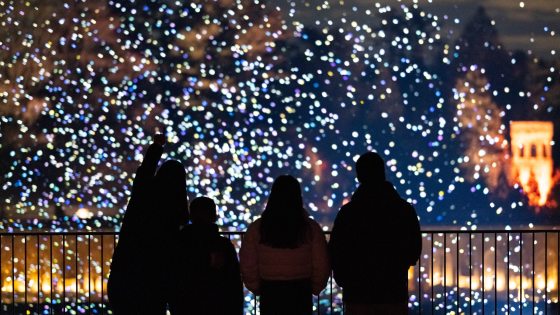Our Blog
Blog All Items Title
All Recent Articles
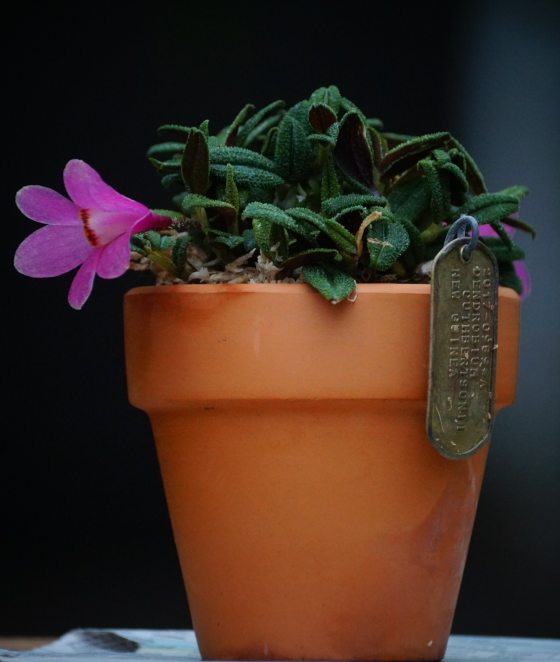
Every Orchid is an Individual
Since 1955 all orchids in our collection have been accessioned and their life status tracked in a system whose “record will be of information and great value for our program of public education,” as was reported to our Board of Trustees in October 1955.
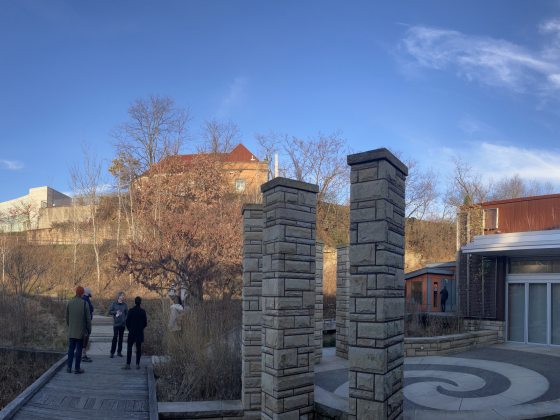
From Rust to Regeneration in the Steel City
At Phipps, the Fellows had the opportunity to learn about the principles of regenerative thinking during a workshop led by Phipps Chief Executive Officer Richard V. Piacentini and Senior Director of Communications Joe Reed.
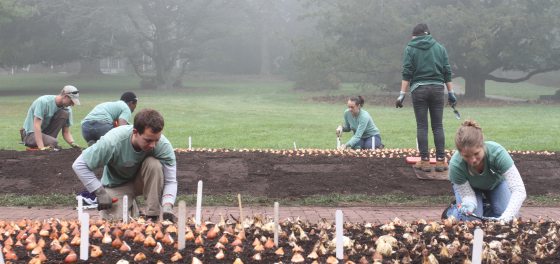
Careers Cultivated Here
Find out how some of our previous interns got their start in public horticulture and where their careers have gone since—and how their time at Longwood helped them get there.
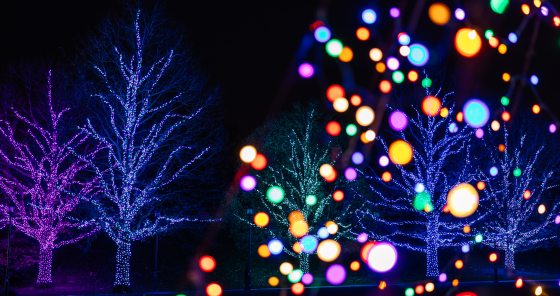
The Art Behind the Lights
Follow along as we share just a few of the many artistic elements—and the artists behind them—that light the way for this year’s fantastic outdoor display.
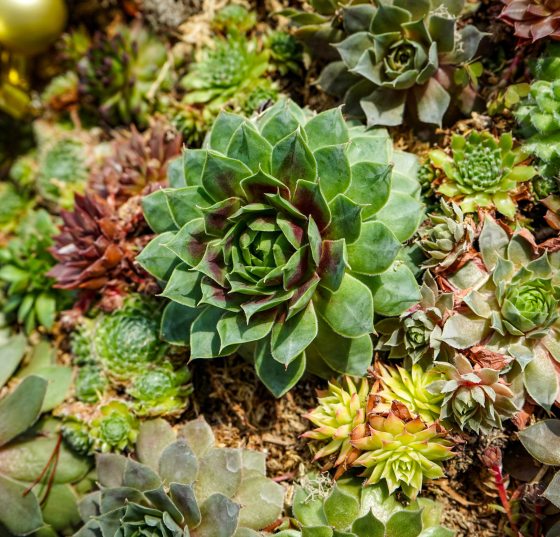
How to Create Your Own Living Succulent Tree
One of the many elements of botanical artistry on display during this year’s A Longwood Christmas greets you just as you enter the Conservatory—an 8-foot-tall, 4-foot-wide living tree swathed in 1,800 gorgeous hardy Sempervivum, or hens-and chicks.
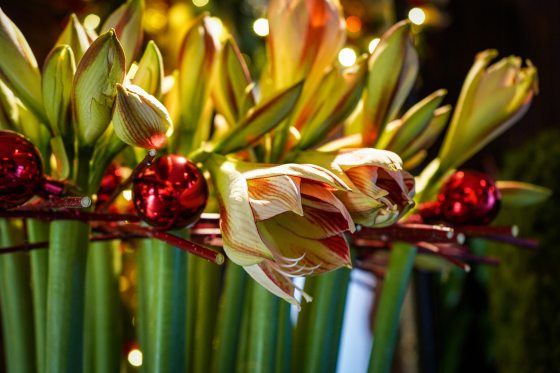
Shining a (Christmas) Light on Continuing Education
We are excited to be highlighting a facet of Mr. du Pont’s vision: practical education, in the form of spectacular fresh-cut floral arrangements and intricate botanical art, all proudly displayed in our Conservatory for the duration of A Longwood Christmas.
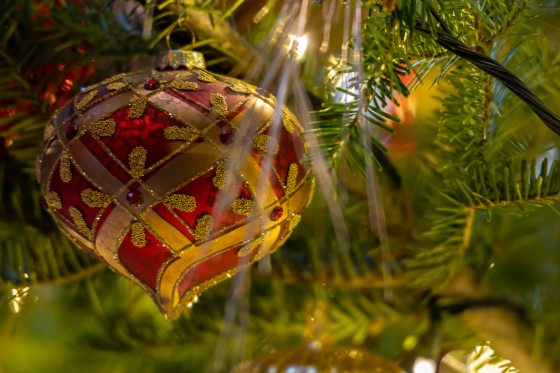
Ornamental Beauty
Follow along as we track the process behind selecting Longwood ornaments for display, and where each spends most of its time alongside 66,999 of its closest friends.
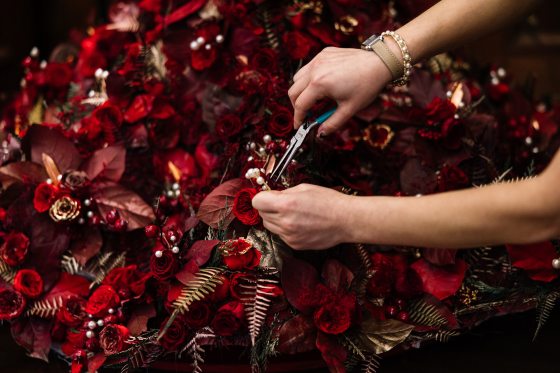
Sculptural Botanical Splendor: A Collaboration with Drexel Westphal
Longwood proposed that Westphal design students create two couture gown-like sculptures that would be completely designed and constructed out of botanicals, and displayed in the Music Room during this year’s A Longwood Christmas.
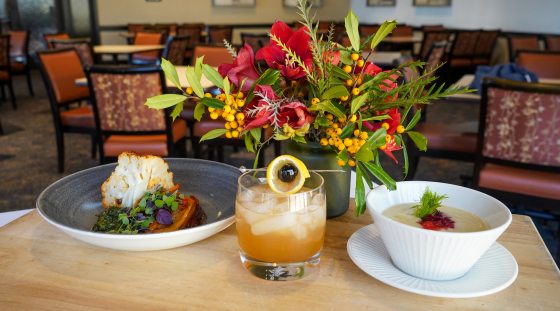
Plants as Our Palette: Holiday Recipes
This year, as we showcase botanical splendor at its finest with our horticulture artists using plants as their palette, I’m inspired to showcase the jewels of the garden with a selection of botanical-forward dishes perfect for any holiday gathering.
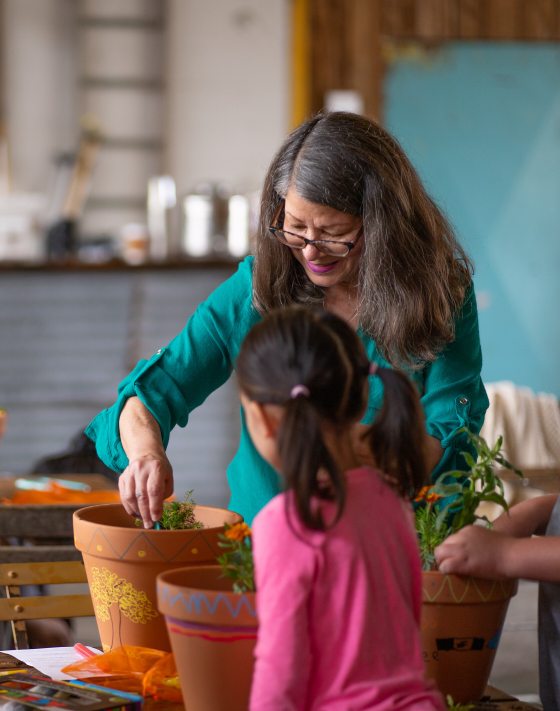
Engaging Experiences in a Spirited Space
Through our Longwood @ The Creamery collaboration, not only are we able to connect with new learners and those in our community through fun, lighthearted events—but we’re also able to make an impact and offer public programming designed to serve the needs of our wonderful community.
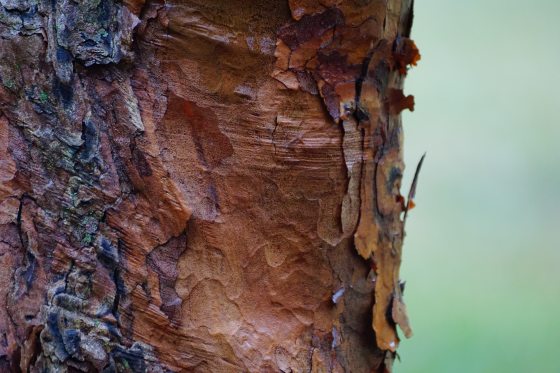
Paperbark Maple: A New Look at an Old Friend
Paperbark maple’s attributes alone make it worth promoting, but its conservation status has lent additional importance to working with it.
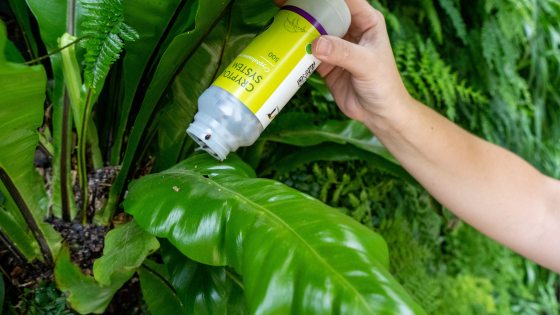
The Beauty of Beneficial Bugs
For many, seeing insects in a garden may lead to initial alarm and raise questions about what harm those insects could inflict on the plants. Not all insects, however, are bad and here at Longwood, we regularly release beneficial insects in certain parts of our Gardens.
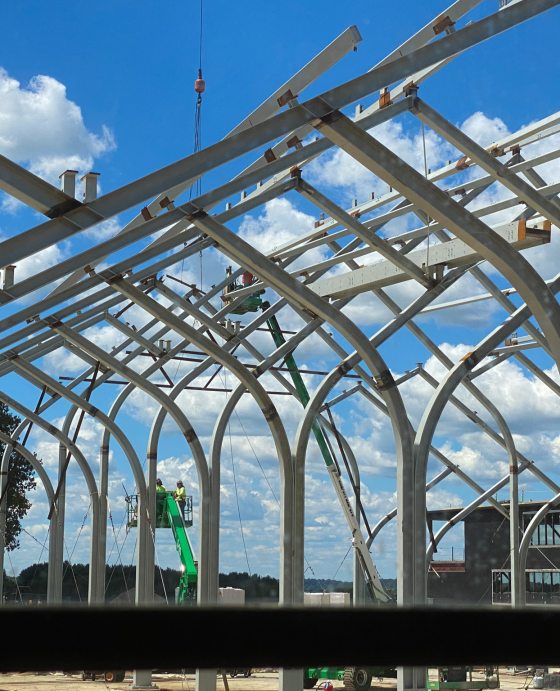
Longwood Reimagined: The Project Continues
In recent months, we’ve reached several notable milestones as our garden expansion continues to take shape and as our cultural landscape evolves … and now is a wonderful time to share with you some of that progress.
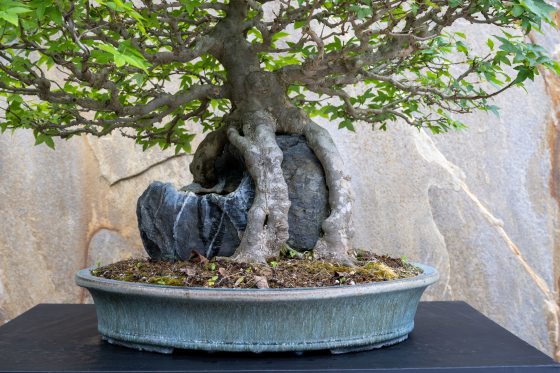
Unveiling Big Bonsai News
Our bonsai collection is about to grow by significant depth and breadth and, of course, tremendous beauty.
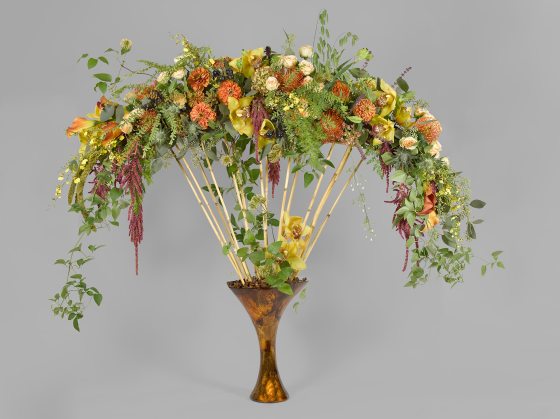
A Floral Design Journey
Floral desing became a journey that meandered through time and brought me to unexpected and wonderful places, including my time at Longwood working toward my Certificate of Merit in Floral Design.
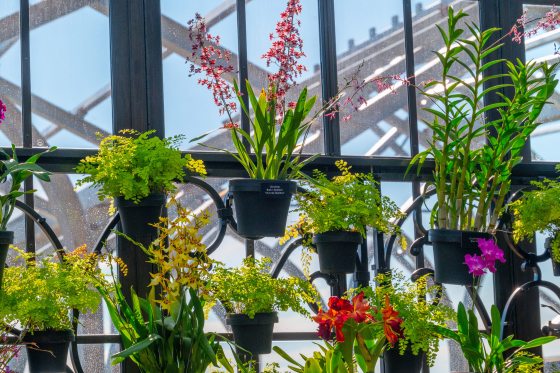
Orchids as Emblems of National Pride
In celebration of National Hispanic Heritage Month (September 15 through October 15), which pays tribute to the generations of Hispanic Americans who have positively influenced and enriched our nation and society, we share the stories of some of the orchids that serve as floral emblems in Hispanic countries, and the importance of those orchids as part of our collection and display here at Longwood.
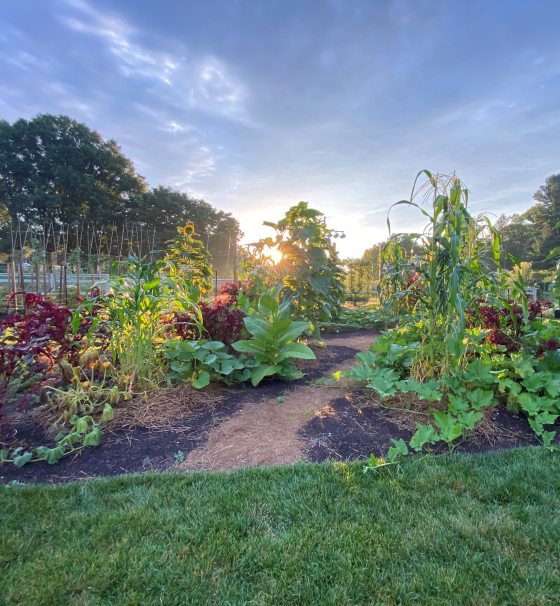
Telling Stories in Our Idea Garden
This summer, the Idea Garden is home to three special plots that showcase a guest favorite, as well as culturally significant crops that tell robust stories.

Alice du Pont's Support of Pennsylvania's Unique History
Alice du Pont played a very important role in the 1926 acquisition of one of the Philadelphia Museum of Art's well-known period rooms—which made quite a stir upon its opening—and can still be viewed today.
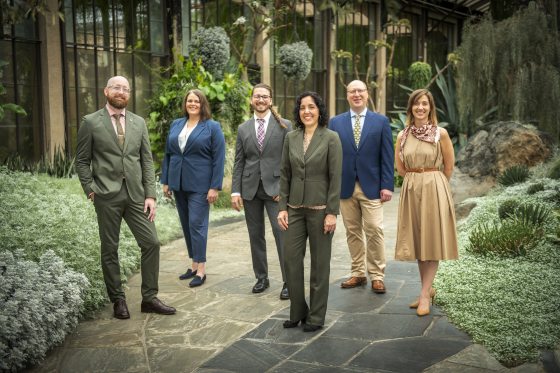
Here to Change the World
With fascinating backgrounds and diverse expertise in aquatic plant care to landscape architecture to outreach and education, we’re thrilled to welcome our newest Fellows to our Gardens … and we can’t wait to see how they better the field of public horticulture.
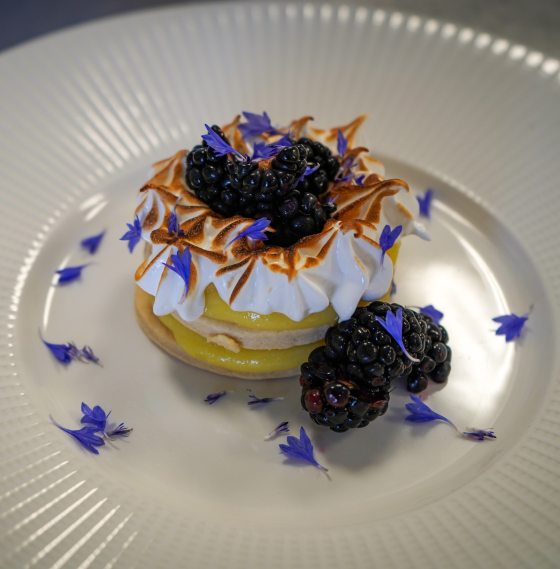
A Summertime Tart Close to My Heart
Even though summertime is quickly coming to a close, there’s still plenty of time to savor the freshness of the season.
